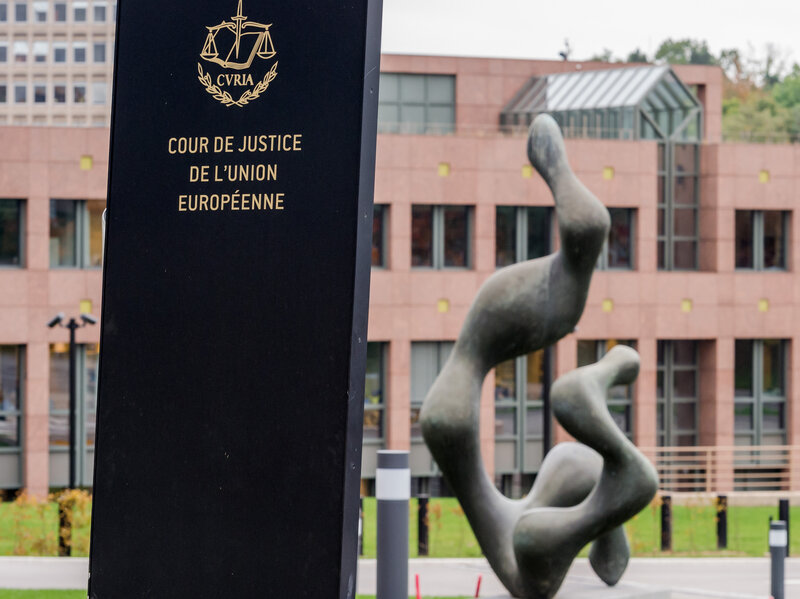By: Jenilyn Brhel
Impunity Watch Reporter, Europe
WARSAW, Poland – Polish Prime Minister Mateusz Morawiecki is being blasted for a remark he made at the Munich Security Conference on February 17th.

The comment was made by Morawiecki in reference to an inquiry from an Israeli journalist regarding a new law passed in Poland making it illegal to make comments purporting that Poland was complicit in the Holocaust.
The law was signed by President Andrzej Duda despite a strong push against its passage.
The legislation has been condemned internationally, with critics saying the law is intended to whitewash the role that some Poles played in the Holocaust. Many believe it is an attempt by Poland to rewrite history.
The law states that “whoever accuses, publicly and against the facts, the Polish nation, or the Polish state, of being responsible or complicit in the Nazi crimes committed by the Third German Reich… shall be subject to a fine or a penalty of imprisonment of up to three years”.
An Israeli journalist asked Morawiecki if it would be considered a crime in the country for him to share a story about his parents being reported to the Nazis by their Polish neighbors.
“Of course it’s not going to be punishable, not going to be seen as criminal, to say that there were Polish perpetrators, as there were Jewish perpetrators, as there were Russian perpetrators, as there were Ukrainian, not only German perpetrators,” Morawiecki said.
Israeli Prime Minister Benjamin Netanyahu, who was also in attendance at the conference, called the statement “outrageous. There is a problem here of an inability to understand history and a lack of sensitivity to the tragedy of our people.”
In response to the outrage sparked by Morawiecki’s comment, Joanna Kopcinska, a government spokeswoman from Poland, issued a statement indicating that his comments “were by no means intended to deny the Holocaust, or charge the Jewish victims of the Holocaust with responsibility for what was a Nazi German perpetrated genocide,” and that Morawiecki “has repeatedly and categorically opposed denial of the Holocaust — the murder of European Jewry — as well as anti-Semitism in all its forms.”
Netanyahu and Morawiecki spoke on the phone after the remarks, with Netanyahu indicating to Morawiecki that his comments were unacceptable.
Both Morawiecki and Netanyahu believe that the dialogue should continue.
Kopcinska stated that Morawiecki’s comments “should be interpreted as a sincere call for open discussion of crimes committed against Jews during the Holocaust, regardless of the nationality of those involved in each crime.”
For more information, please see:
BBC News – Israel Rebukes Poland PM for ‘Jewish Perpetrators’ Remark – 18 February 2018
Bloomberg – Poland Stokes Holocaust law Storm as Israeli Leader Lashes Out – 17 February 2018
Boston Herald – Poland Tries to Frame PM’s Holocaust Remarks as Frank Debate – 18 February 2018
Los Angeles Times – Israelis Slam Polish Prime Minister’s Remarks About ‘Jewish Perpetrators’ – 17 February 2018
Newsweek – Polish Prime Minister’s Jewish Holocaust ‘Perpetrators’ Comments Spark Outrage in Israel – 18 February 2018



